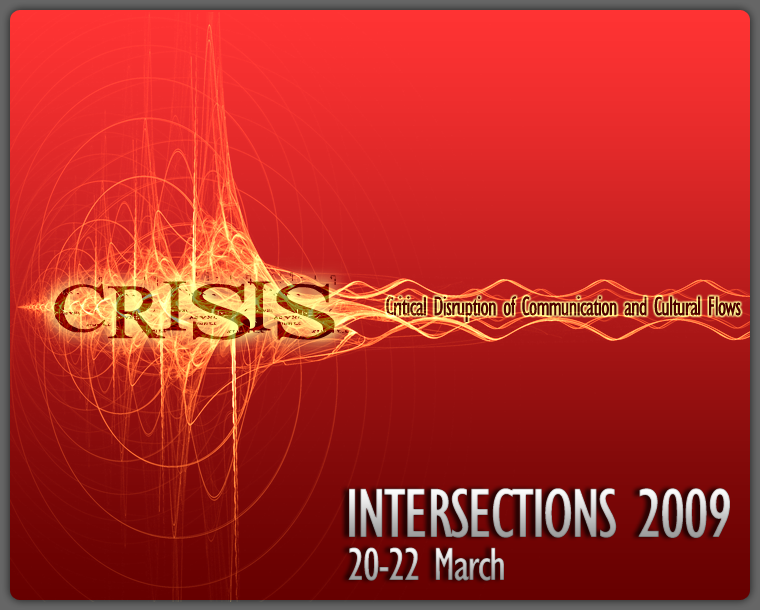ARCHITECTURES OF CRISIS IN BLINDESS AND SYNECDOCHE, NEW YORK
DOI:
https://doi.org/10.25071/1718-4657.36713Abstract
This paper endeavours to do two things at once. It posits, firstly, that Fernando Meirelles’s Blindness (2008) and Charlie Kaufman’s Synecdoche, New York (2008), can be conceptualized through the language of crisis and quarantine, in order to illustrate how architectural and discursive enclosures—or the synchronized acts of building and narrating crisis—work to anxiously “contain the outbreak” and regulate the wayward text or body. At the same time, this paper also looks at the ways in which Synecdoche, when compared to the more prototypical quarantine film, Blindness, is in the end rather ambivalent with regards to the disciplinary project of quarantine, and in fact leaves room for unresolved tensions and renegade narratives which function to significantly trouble the articulation and containment of crisis.Published
2009-03-22
How to Cite
Chew, M. (2009). ARCHITECTURES OF CRISIS IN BLINDESS AND SYNECDOCHE, NEW YORK. ETopia. https://doi.org/10.25071/1718-4657.36713
Issue
Section
Articles

